Overview
Map
Other Details
كنيسة سيّدة المعونات ساقية المسك
1812
Bhersaf
Metn
Mount Lebanon
بُنيت الكنيسة سنة ١٨١٢ وكرّسها المطران الياس محاسب سنة ١٨٤١. بُنيت القبّة بسعي المغتربين سنة ١٩١٠. لوحة العذراء التي تعلو المذبح منقولة عن مادونا سيستينا لرافايل. في الكنيسة العديد من الأيقونات والسقف مكسو بالجداريات من عمل أ. روكز سنة ٢٠١٢.The church was built in 1812, and consecrated by Bishop Elias Mhaseb in 1841. The Campanile was built in 1910 with the donations of the village’s diaspora. The painting of the Madona over the high altar is a copy of the Madona Sistina of Raphael. The church is rich in icons, and the vault is covered in frescoes painted by I. Roukos in 2012.
Visited 3345 times, 7 Visits today


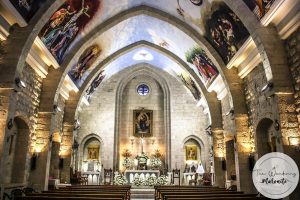
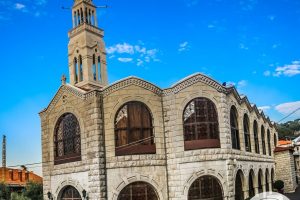
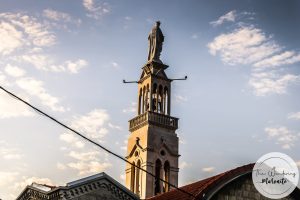
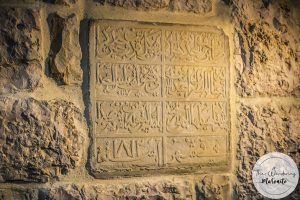
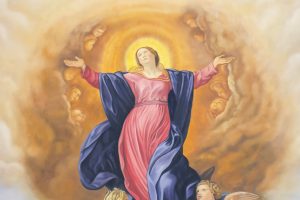
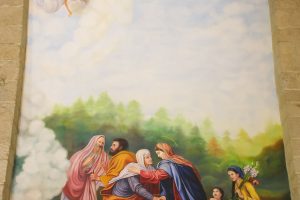
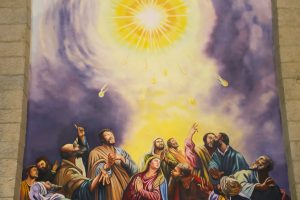
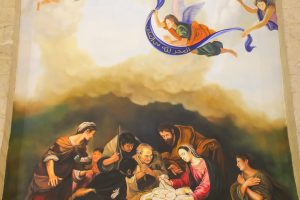
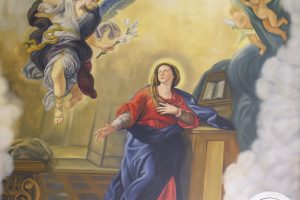
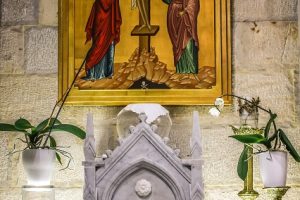
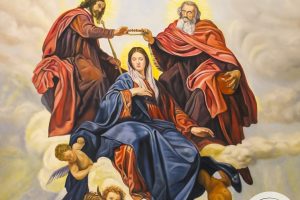
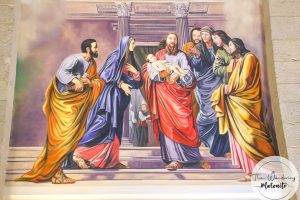
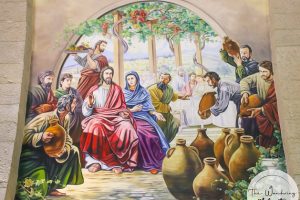
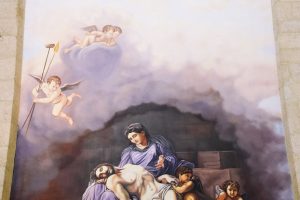
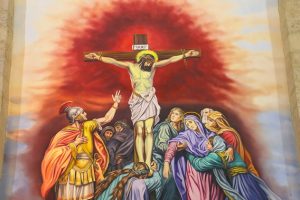
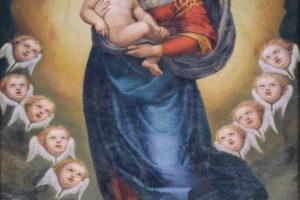
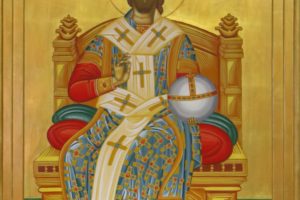

















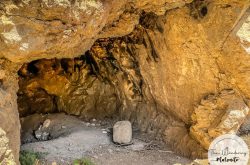
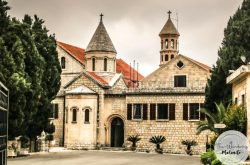
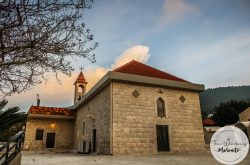
Reviews are disabled, but trackbacks and pingbacks are open.